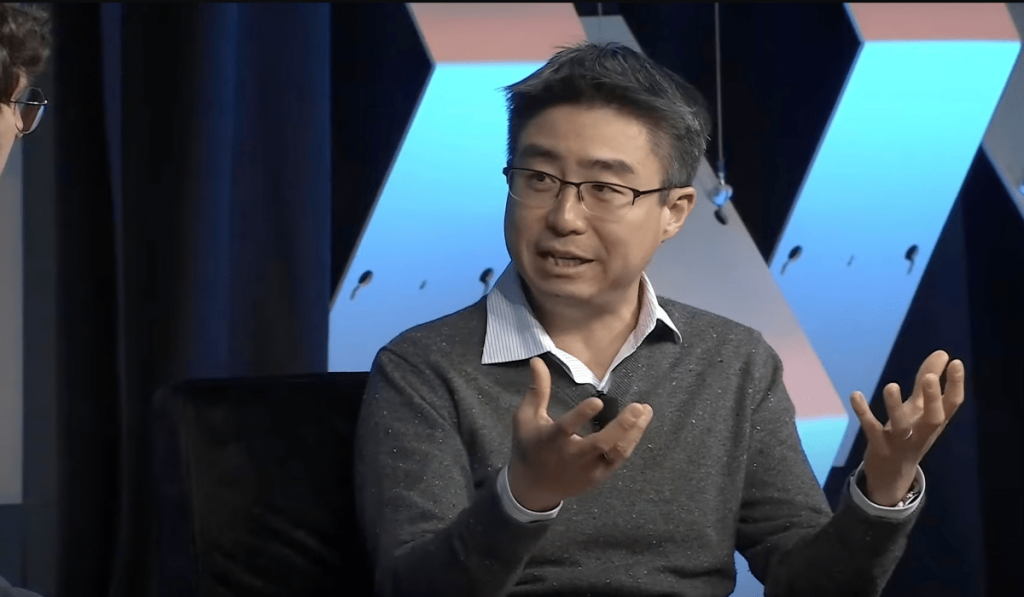The Debate Over Compensating Artists for AI Training Data
OpenAI’s Evasive Response
At SXSW, Peter Deng, VP of consumer product at OpenAI, was asked by SignalFire venture partner Josh Constine if artists whose work was used to train generative AI like ChatGPT should be compensated. Deng hesitated, acknowledging the audience’s affirmative response but not providing a clear answer himself.
The Legal Gray Area
OpenAI’s reluctance to address the question directly stems from the complex legal landscape surrounding the use of data for training generative AI systems. Tools like DALL-E 3, which is integrated into ChatGPT, are trained on vast amounts of artwork, illustrations, and photos sourced from public websites and datasets. OpenAI and other companies in the field argue that this practice falls under fair use, allowing them to use copyrighted material for training without compensating or crediting the artists. In a recent blog post, OpenAI stated:
“Training AI models using publicly available internet materials is fair use, as supported by long-standing and widely accepted precedents. We view this principle as fair to creators, necessary for innovators, and critical for U.S. competitiveness.”
Artists Push Back
However, many artists disagree with this stance. A class action lawsuit, led by renowned artists such as Grzegorz Rutkowski, has been filed against OpenAI, Midjourney, and DeviantArt. The plaintiffs argue that these AI tools replicate artists’ styles without their explicit permission, enabling users to generate new works that resemble the artists’ originals without any compensation for the artists.
OpenAI’s Efforts to Address Concerns
OpenAI has taken some steps to address these concerns, such as entering into licensing agreements with content providers like Shutterstock and allowing webmasters to block its web crawler from scraping their sites for training data. The company also provides an opt-out tool for artists to remove their work from the training datasets, although some have criticized the process as cumbersome.
The Future of Artist Involvement in AI
During the SXSW interview, Deng expressed his belief that artists should have more agency in the development and use of generative AI tools, but he did not provide specific details on how this might be achieved. He suggested that finding ways to accelerate the creation of art could benefit the industry, drawing a parallel to how artists have always been inspired by their predecessors.
As the debate over compensating artists for their contributions to AI training data continues, it remains to be seen how the legal landscape will evolve and what role artists will play in shaping the future of generative AI.

6 Comments
In the age of AI, even the muses want a paycheck; silence often speaks louder than words.
Jasper W.: It seems the digital age has ushered in new kinds of labor disputes, and silence might just be the loudest response from those in power.
Milo H.: With creators clamoring for their due, the quiet from the top echelons seems to speak volumes about the value of artistic labor in the AI era.
Max Jennings: The standoff between artists and tech giants over AI training data compensation could redefine the ethics of digital creativity.
Lena S.: It’s a digital tug-of-war where artists seek recognition, yet the silence from OpenAI’s VP is telling.
The digital battleground shifts as artists rally for recognition, met with an echoing silence that may just underline the issue at hand.